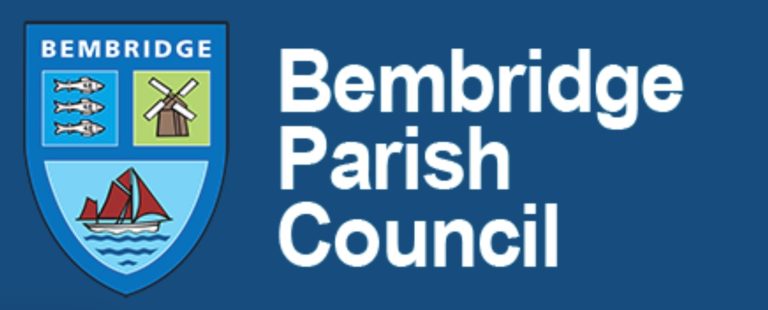In the face of escalating costs and funding challenges, the Isle of Wight Council has today (Wednesday) unveiled its budget for 2025/26, with a spotlight on community protection and essential improvements.
The draft budget seeks to tackle the substantial pressures on public finances while safeguarding the wellbeing of residents and preserving the essential frontline services that many Islanders depend on.
The financial climate for local government remains tough, with costs climbing faster than income and funding. The council faces the daunting task of additional spending of £15.8 million in children’s services and adult social care next year, merely to maintain services at existing levels.
This significant increase is driven by rising demand and the need to ensure vulnerable residents receive the care and support they require.
In response, the council proposes a five per cent council tax increase, including two per cent specifically for adult social care. This is in line with the majority of councils across the country, which are facing similar pressures, although some authorities are contemplating increases as high as 15 to 25 per cent.
The Isle of Wight Council is striving to keep increases as low as possible.
The council’s strategy relies on careful use of reserves to manage its underlying budget deficit over time. However, it’s crucial to maintain these reserves at responsible levels to ensure financial stability and to be able to continue providing services at sustainable levels.
Of the £1.5 million savings needed next year, efficiencies and income generation will deliver the required savings without cutting services. This includes streamlining operations and exploring new revenue streams to maintain service levels.
After listening to the needs of local businesses and residents, the council is proposing to freeze parking charges at their current levels for the second consecutive year. This measure aims to alleviate the financial strain on household budgets and support the high street. Additionally, crossing charges on the floating bridge will remain unchanged.
The council will also continue to invest in highway drainage schemes to reduce flooding and fund repairs to footpaths and bridleways damaged by the recent winter storms. These investments are crucial for maintaining safe and accessible infrastructure across the Island. A key highlight of the budget is the investment in schemes to support coastal protection, crucial for protecting the homes and livelihoods of residents in vulnerable coastal regions.
This includes repairs or improvements to promenades, seawalls, railings and groyne refurbishment, which are essential for mitigating the impacts of coastal erosion and climate change.
The budget also includes improvements at Beaulieu House, the children’s disability residential and respite home in Newport, ensuring it can continue to provide essential services and support to those in need. These upgrades will enhance the facility’s capacity to deliver high-quality care and support. Meanwhile, the council is introducing schemes specifically designed to help young people who are leaving the care system find stable and long-term housing options.
The budget also prioritises responsible repairs and renewals in public spaces. By maintaining and improving the public realm, the council aims to create a safe, functional, and welcoming environment for all residents and visitors. This includes replacing play equipment, litter bins and benches where necessary.
In addition, the council has planned investments in capital schemes for school maintenance and adaptations to disabled residents’ homes as part of a £13 million capital programme. These projects will improve educational facilities across the Island and enable disabled residents to live independently in their own homes.
Furthermore, there is planned investment in the Gouldings care home in Freshwater and the Parklands Dementia Hub in Cowes, building on the significant improvements already made in these important facilities.
Council leader, Councillor Phil Jordan, said: “Despite the challenging financial climate, our commitment to protecting and improving our community remains steadfast. We are dedicated to ensuring our community continues to thrive, even in the face of economic pressures.
“One of our top priorities is the protection of our coastal areas. By investing in coastal infrastructure, we are taking proactive steps to safeguard our coastal regions from erosion and flooding. This investment goes beyond infrastructure; it’s about securing the homes and livelihoods of our residents.
“The council continues to advocate for fair funding for the Island from the government. By maximising spend from minimal funding, keeping charges down, investing in capital schemes, balancing the budget responsibly, using reserves wisely, and re-structuring where possible, we are working hard to minimise any adverse impacts on our residents.
“This draft budget is about balancing our financial responsibilities with the needs of our community, and I believe it strikes that balance effectively.”
Looking ahead, the council acknowledges the need for ongoing savings and has forecast a savings requirement of £2.5 million for 2026/27 and £2 million per annum for the subsequent years, to ensure long-term financial sustainability.
The budget will be considered by the council’s Cabinet on Thursday, 13 February, and by Full Council on Wednesday, 26 February. The draft proposals can be read in full on the council’s website.
Contact Information
Martin Neville
Isle of Wight
martin.neville@iow.gov.uk






